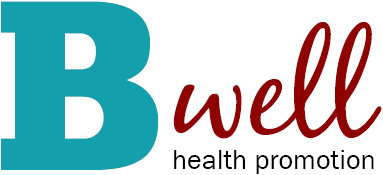HIV is the only STI that can be tested anonymously. Anonymous testing means that your name is not associated with the test or the results in any way. You are given a number or a code to identify yourself when receiving your test results. Health Services does not provide anonymous HIV testing but the resources below include anonymous HIV testing sites in the area. It's important to ask about the test site's policies before you get tested.
All other STI tests are confidential. Confidential STI testing means that your test results and any other information you discuss with your medical providers will be a part of your medical record. Information in your medical record is not a part of any other University record and cannot be shared with anyone (including parents, professors, deans, friends, or peer counselors) without your written authorization.
Health Services places a high value on confidentiality; nevertheless, all STI testing sites are required by law to report positive STI results to the RI Department of Health. This information will be used for statistical purposes and the Department of Health may contact you to help you in seeking any treatments you might need. The Department of Health cannot disclose your results, information, or even the fact that you have been tested to anyone else including your parents, friends, insurance agencies or school officials. If you have questions about STI testing, medical providers at Health Services will address any concerns you may have during your visit.






